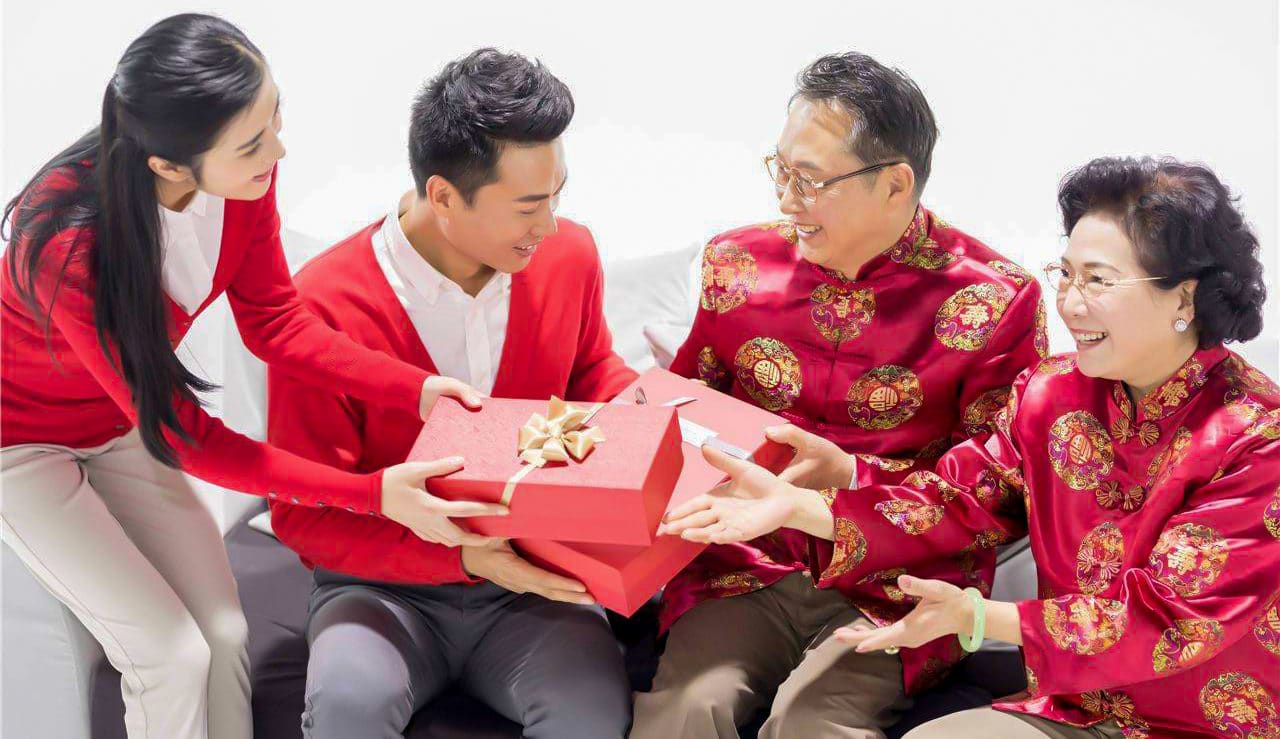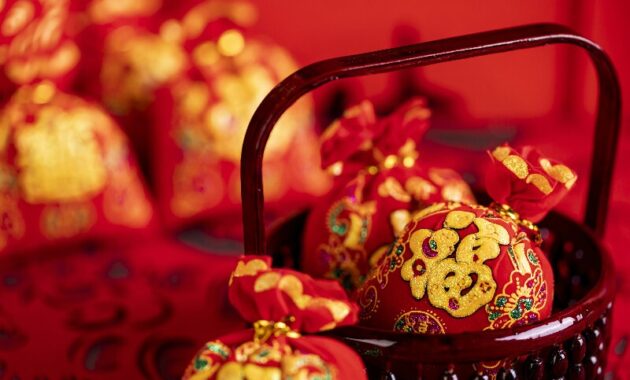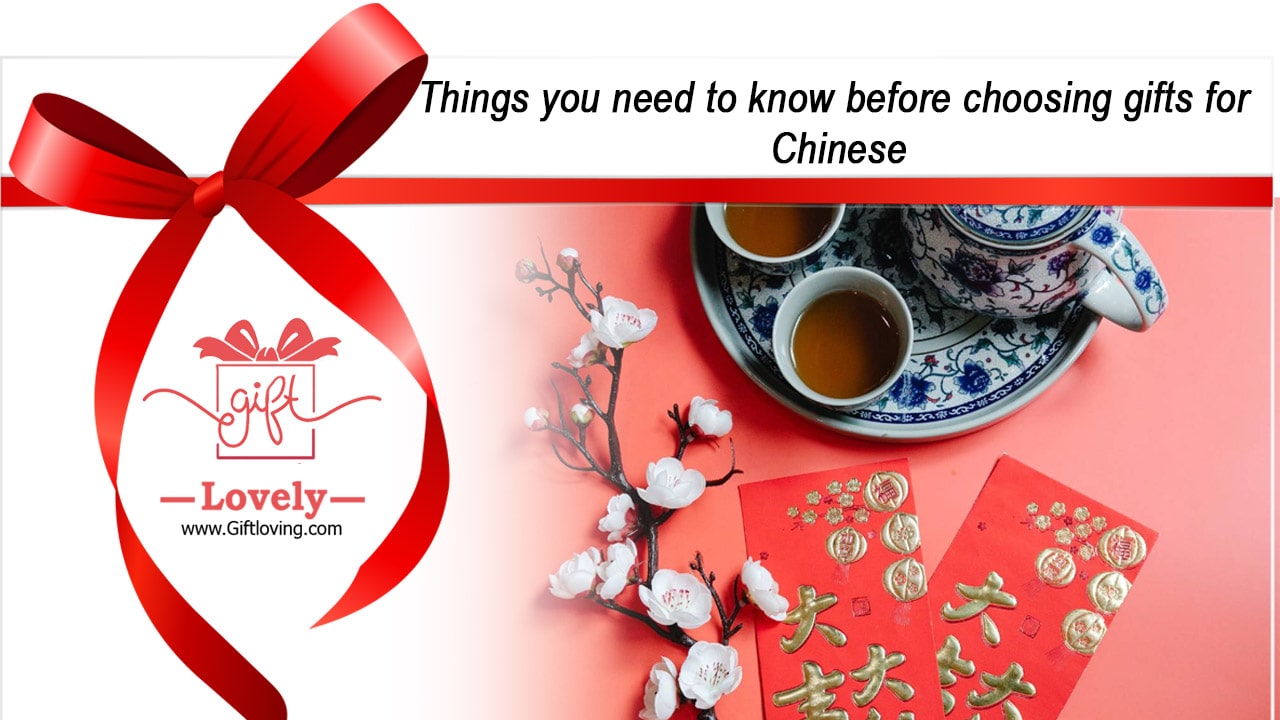Choosing an appropriate gift for Chinese friends or colleagues can seem daunting for those unfamiliar with Chinese culture. With different customs, taboos, and gift-giving etiquette, it helps to understand some key considerations when selecting a gift.
Factors like the recipient’s age, gender, status and the occasion all influence what constitutes an appropriate gift. Beyond simply liking a gift, Chinese people attach much meaning and symbolism to the gifts presented to them.
By learning about popular Chinese gift ideas, customs, taboos and etiquette, you can thoughtfully choose gifts that show respect, convey deep meaning, and delight the recipient.

Chinese Gift-Giving Culture
Importance of gifts in Chinese culture
Gift-giving plays an essential role in Chinese culture for maintaining guanxi – deep networks of social connections and relationships. Presenting a thoughtful gift shows respect for the recipient while strengthening bonds. In professional settings, gifts represent attempts to build relationships.
Chinese people intensely value the message and meaning behind gifts over the gift itself or its dollar value. Hence, Chinese people, especially elders, closely inspect the symbolism, thoughtfulness and presentation of all gifts received.
Symbolism and meaning behind gifts
For Chinese people, gifts represent not just items but the emotions, wishes and intent of the giver. Gifts given often have elaborate symbolic significance attached to them by the giver.
Specific numbers, colors, or objects may represent good fortune, health, prosperity, longevity and happiness. Other gifts convey meanings like apologizing or honoring elders. Hence, the thought process and symbolism behind a gift weigh more than its inherent value or usefulness.
Traditional Chinese gifts
Fruit baskets, especially with oranges, tangerines, apples or pears signify blessings and good fortune. Similarly, plum blossoms and orchids symbolize perseverance through adversity and purity. Also common are vases, tea sets, bottles of liquor or wine, glasses and chopsticks.
Food items like mooncakes, nuts, or delicacies representing abundance and wealth are also well-received gifts. Elders may appreciate walking sticks, magnifying glasses or items providing comfort. Red envelopes containing money given during holidays or special occasions are customary.
Tips for Choosing Gifts
Consider the recipient’s age and gender
In Chinese culture, age and gender heavily influence perceptions of suitable gifts. Young children may appreciate toys, candies or creative gifts more than elders.
Female recipients may prefer jewelry, handbags, silks or skincare products while men may welcome items like electronics, alcohol or cigars. Customized business accessories also make good professional gifts. However, some items like knives or scissors signify severed relationships and hence, make terrible gifts.
Avoid certain colors, numbers, and types of gifts
Some colors, numbers, or gifts have negative connotations, so recipients may find them distasteful or even offensive.
Avoid white-colored gifts as white symbolizes death and mourning. Clock-themed gifts imply counting down to death, so people frown upon them. Avoid sets of four items since four has the same pronunciation as death in Chinese.
Also, forgo opening umbrellas indoors, gifting shoes or giving food items in quantities of four or seven. Elders particularly dislike modern items like lingerie or sensual personal products as gifts.
Pay attention to presentation and packaging
Beautiful, high-quality packaging indicates respect for recipients while sloppy wrapping signals a lack of care. Using traditional Chinese motifs and cypress, bamboo and plum blossom patterns greatly pleases recipients.
Auspicious red and gold color schemes make delightful gift wraps. Elevate gift bags and boxes with ribbons, bows, inner linings and ornate gift tags. Multiple nested boxes with a gift hidden in the innermost box also builds anticipation.

Popular Chinese Gift Ideas
Food and wine
Chinese people relish edible treats, especially premium teas, herbal supplements, tonic wines, specialty Chinese snacks, and roasted nuts and seeds signifying health.
Spirits like brandy, whiskey and cognac in high-end packaging denote taste and status. Delicacies like abalone, sea cucumber and shark fins show respect towards elders. Also welcomed are mooncakes, hams, and perishable fruits that travelers carry.
Jewelry and watches
Gold and jade jewelry represent enduring marriages and relationships in Chinese tradition. Hence, people gift elaborate gold necklaces, jade pendants and bracelets often.
Luxury watches like Rolexes signify prosperity and rank while jewelry with natural gemstones symbolizes blessings and fortune. Jewelry gifts require perfect presentation in fine boxes and pouches for maximum delight.
Electronics
Modern Chinese greatly appreciate electronic gadgets as gifts too. Smartphones, laptops, and tablets rank among beloved gifts, especially for children or younger adults. Sophisticated speakers, mini-drones, action cameras, or gaming devices also excite technophiles.
Gift cards and red envelopes
During festivals and celebrations, decorated red envelopes containing fresh, crisp money make excellent presents. Opt for newly-released notes in lucky denominations like eight or nine.
Instead of cash, consider prepaid shopping cards redeembable at popular China stores. High denominations and customizable gift cards show care and understanding of personal preferences.
Creative and customized gifts
Chinese recipients find tailored, personalized gifts highly memorable. Customized jewelry, embroidered silk pouches, engraved pens, individualized chef’s aprons and printed t-shirts make unique presents.
Also opted for are creative services like ancestry research, naming a star after someone or planting a tree in their name for fun personalized gifts. Sentimental collections of photos and shared memories also deeply touch recipients.
Etiquette and Customs
When and how to give gifts
Always present gifts with two hands to show utmost respect. Allow elders and superiors to open and inspect gifts first if giving in groups. Ensure recipients open red envelope gifts in your presence so you witness their delight first-hand.
If attending a dinner party, bring the gift when invited as the house owners enjoy opening them in front of guests. However, visiting someone’s home empty-handed marks bad etiquette.
Receiving and opening gifts
When receiving a gift, accept it with both hands and graciously thank the giver. Recipients should not appear overly excited or enthusiastic. Ask givers about symbolic meanings behind gifts to show engagement.
If the gift gets opened in your presence, admire it visibly and compliment the giver’s thoughtfulness. Never refuse or return gifts as that causes grave insult. Even if disliking something, remain poised and thankful.
Reciprocation expectations
The custom of directly reciprocating gifts does not prominently exist in China. However, recipients do expect to repay favors and hospitality indirectly over time instead of prompt one-on-one exchanges.
So future invitations to dinners, events or outings imply occasions to indirectly give back. Those unable to reciprocate right away can verbally offer future returns instead of feeling overly indebted.
Conclusion
Selecting suitable gifts for Chinese friends or associates works best when considering cultural contexts. While gift-giving symbolizes respect, failing to abide by cultural norms and etiquette risks offending recipients.
Keeping Chinese perceptions about gift colors, wrapping, symbols and numbers in mind helps avoid cultural gaffes. Tailoring presents to the individual’s age, gender and personality shows thoughtfulness too.
When presenting gifts, mind customs about two-handed giving, opening gifts, and reciprocity. Understanding Chinese gift-giving cultural intricacies ensures cherished gifts that deliver joy and strengthen bonds.
FAQs
What gifts do Chinese avoid?
Chinese people avoid gifts like umbrellas, handkerchiefs, clocks and green hats as they represent bad luck or negative symbolism. Also shunned are gifts featuring the number four, white-colored items, and sets with four pieces.
What is special about the number 4?
The number four sounds similar to the Chinese word for death. So Chinese people view four as an unlucky number and never gift items in sets of four. Additionally, gifts should not have four of anything like four flowers or fruits.
What are creative Chinese gift ideas?
Creative Chinese gift ideas include personalized embroidery, customized watches, jewelry or tea sets, printed t-shirts or aprons, naming stars after them or planting trees in their name. Sentimental photo books and ancestry research also make heartfelt gifts.
How much should I spend on a gift?
Spending expectations on Chinese gifts depend on the closeness and status of the recipient. Intimate friends and family deserve more expensive and elaborate gifts than acquaintances. For casual gifts, aim to spend around $10-$15 or more based on the depth of the relationship.
What is a red envelope?
A red envelope refers to a monetary gift presented in a red, ornately decorated envelope or folder. Red envelopes contain fresh new bills and coins in amounts ending with auspicious digits like eight and nine. They get gifted during holidays, weddings, childbirths and birthdays.




